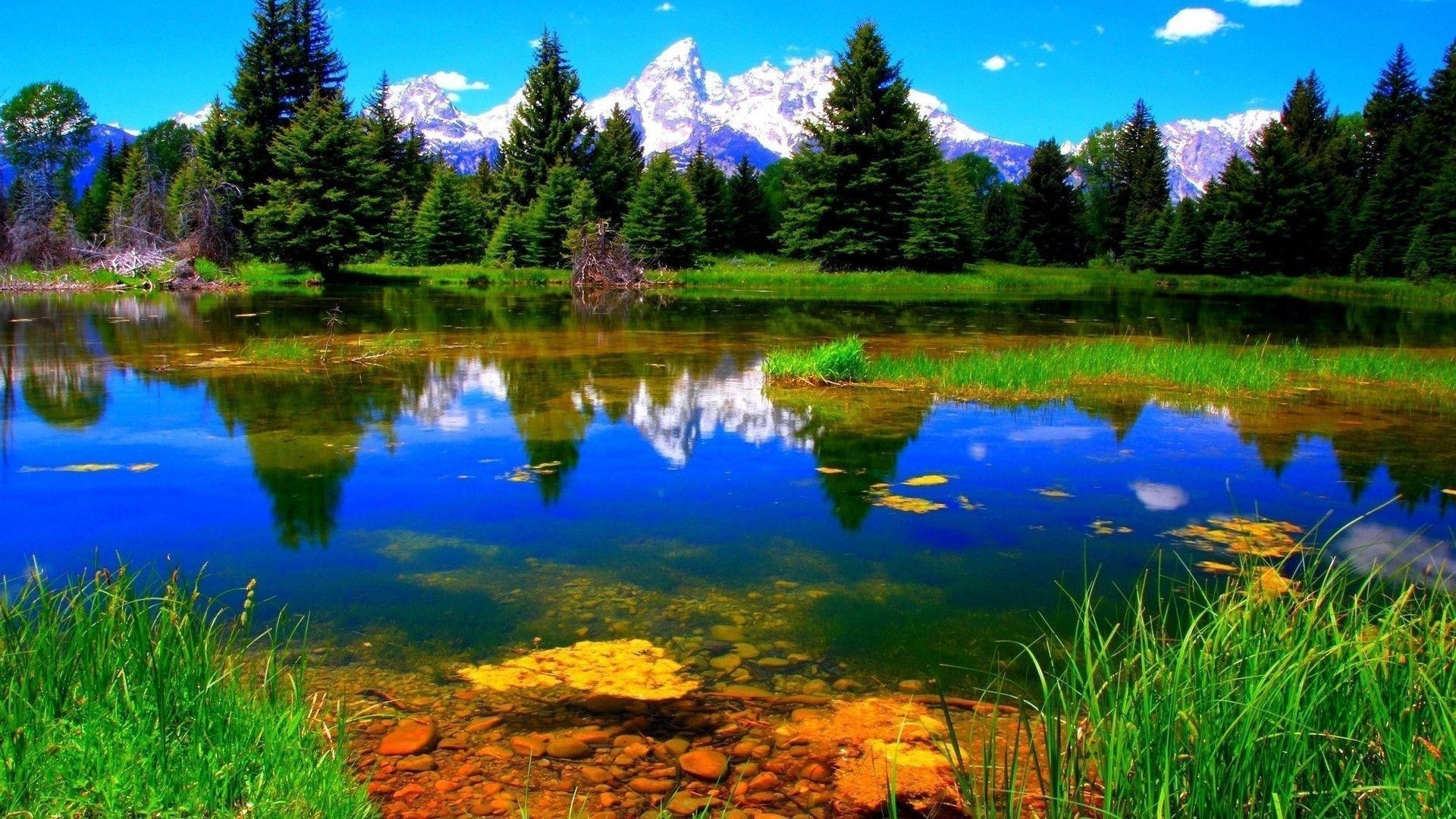- Written by: Kamran Mofid
- Hits: 453
Make Nature-based Education the Dawn of a New Beginning

Smoky Sunrise-Yellowstone River, a painting by Paul Krapf/Via fineartamerica
The World is in a Bad Way- Fix Education, Fix the World
Ecological Degradation and the Climate Crisis are the classical signs of a Failure of Imagination
“The tree which moves some to tears of joy is in the eyes of others only a green thing that stands in the way. Some see Nature all ridicule and deformity… and some scarce see Nature at all. But to the eyes of the man of imagination, Nature is imagination itself.” – William Blake
Now Is The Time To Know That All That You Do Is Sacred
The Wisdom of Mother Nature belongs to all Life.
Let be guided and inspired by Her and Save the Web of Life
- Written by: Kamran Mofid
- Hits: 1276
Love Letter To The Earth, “Can Mother Earth Count on Us?”

Photo: Via Pinterest
“Love Letter To The Earth” is Zen Master and Peace activist, Thich Nhat Hanh’s passionate and personal call to develop an intimate relationship with the source of all life. He shares why our personal happiness is intricately tied to the happiness of our planet and offers clear and concrete practices for connecting with ourselves, each other, and the world around us”
‘Dear Mother, wherever there is soil, water, rock or air, you are there, nourishing me and giving me life. You are present in every cell of my body. My physical body is your physical body, and just as the sun and stars are present in you, they are also present in me. You are not outside of me and I am not outside of you. You are more than just my environment. You are nothing less than myself…
- Written by: Kamran Mofid
- Hits: 279
2022- The year that has been filled with stories of challenges, disappointments, opportunities, hopes, resilience, endurance and survival.
It is a privilege for the GCGI to do what we do, to remain a force for good, to stay in touch with our readers, family and friends and to continue our pilgrimage of hope together.
In 2022 we needed ways to connect with ourselves and with each other
For the Common Good
We are Greater, Better and Happier Together
Following the Light of Hope was and is our chosen Path

A still from Follow The Light. A photo by Jb Liautard/ Via The Guardian
That was the year that was…2022 in Review
So 2022, the year of many changes, upheavals, environmental disasters and continuing degradation, and such likes, but also of hopes and dreams most of us have ever known, is drawing to a close, and it’s time to take our annual look back at the year in our Blog Postings.
- Economic and Business Lessons of Scrooge and his Transformation
- Destruction in Pursuit of Plenty: How To Survive The Modern World
- Cop15 Biodiversity Summit Montreal: Saving the World- Now or Never
- In Search of Global Healing: Buddhist Economics- Cultivating Wisdom, Kinship and ‘Right Livelihood’ to Build a Better World
- The Mad, Bad Economist and his Mumbo Jumbo Curve of Destruction
